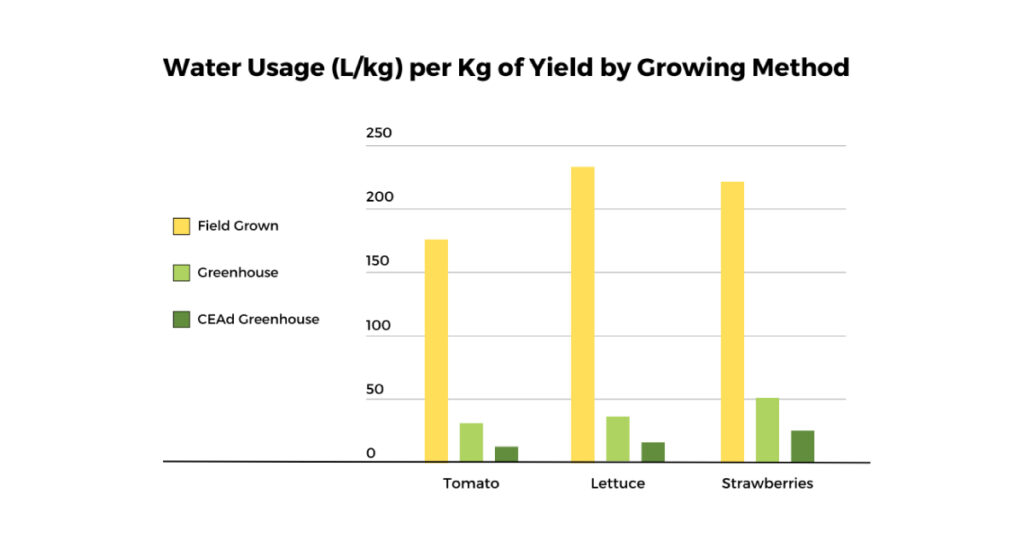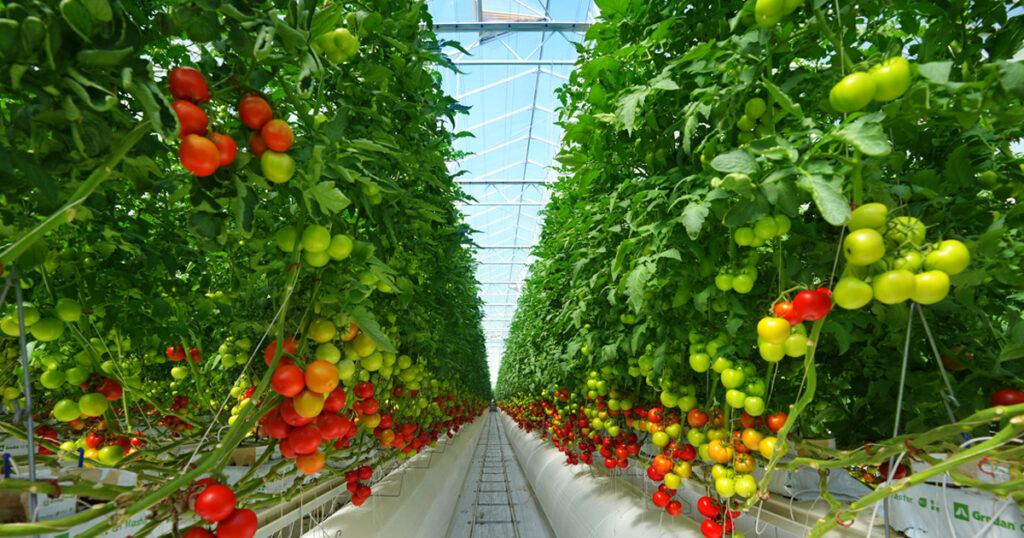
Why CEAd is The Perfect Partner for Your Next Investment
Technical Consulting Services for the CEA Industry
CEAd brings over 35 years of experience developing greenhouse facilities in over 40 countries worldwide, providing tailor-made solutions for its clients.
Sustainable, Scalable Solutions for the Unfolding Global Food Crisis
Local CEA Greenhouse production is key to addressing humanity’s ever-increasing population by growing at scale (20–50 times more than open-field agriculture)
CEAd: Setting the Standard in CEA Regulatory Compliance
We pride ourselves on being leaders in navigating the intricate regulatory landscape governing CEA, whether that’s related to food safety policies or controlled substance regulations.
As the global population continues to rise, the demand for sustainable food production solutions has never been more critical. At CEAd, we understand the challenges faced by the agriculture sector and specialize in delivering technical engineering consulting services tailored to the stakeholders of Controlled Environment Agriculture (CEA) operations. With CEAd’s expertise and commitment to sustainability and innovation, we are the perfect partner for designing and implementing cutting-edge CEA facilities to address the unfolding global food crisis.
Technical Consulting Services for the CEA Industry
At CEAd, we offer a comprehensive suite of technical consulting services tailored to the Controlled Environment Agriculture (CEA) industry. These services are designed to address the unique challenges faced by CEA operators and owners, ensuring efficient and sustainable food production.
Here is an overview of our offerings:
Due Diligence
A preliminary assessment is crucial to ensuring the practicality of a CEA endeavor. From site assessments, market analysis, financial viability, and risk assessment, CEAd’s due diligence provides valuable insights, empowering clients to make informed decisions and navigate CEA projects confidently.
Facility Design
Our team specializes in designing customized solutions that meet the specific needs of CEA facilities. From greenhouse layouts to indoor farming setups, we leverage our expertise to create efficient and effective growing environments.
System Integration
We seamlessly integrate various components crucial to CEA operations, including HVAC systems, lighting solutions, irrigation setups, and automated control systems. This integration ensures optimal performance and minimal downtime, maximizing crop yields.
Regulatory & Operational Support
Navigating the complex landscape of regulatory requirements is essential for CEA operators. Our team possesses in-depth knowledge of FDA cGMP, EU GMP, and U.S. DEA regulations, ensuring that facilities comply with all necessary standards and obtain regulatory approvals without delays.
Technology Implementation
We leverage cutting-edge technology solutions to enhance precision farming practices, empower data-driven decision-making, and enable remote monitoring of CEA facilities. From IoT sensors to advanced analytics platforms, our technology implementations drive efficiency and productivity.
AI Readiness
Our APIS Digital Hub can integrate multiple technologies from various technology providers. As data is captured and stored in the APIS Data Warehouse, with a large enough data set, machine learning can be applied through the APIS Digital Hub and the Data Warehouse contained within. With time, autonomous crop steering is achievable in addition to predictive yield based upon season and other factors.
Our track record speaks volumes about the quality of our services. Countless satisfied clients have benefited from our expertise, achieving higher yields, improved operational efficiency, and enhanced profitability. This is a testament to our commitment to excellence and client satisfaction.
Sustainable, Scalable Solutions for the Unfolding Global Food Crisis
As the global population grows and resources become increasingly scarce, the need for sustainable food production solutions has never been more pressing. At CEAd, we recognize these challenges and are dedicated to providing sustainable and scalable solutions for addressing the global food crisis.
Ongoing Challenges
Feeding a rapidly expanding global population amidst dwindling natural resources and climate change presents significant challenges. Traditional agriculture practices are often unsuitable and inefficient, exacerbating environmental degradation and food insecurity.
Commitment to Sustainability
At CEAd, sustainability is at the core of everything we do. Our solutions prioritize resource efficiency, utilizing water, power, and land resources more efficiently to maximize yield while minimizing environmental impact. Through innovative approaches such as vertical farming, we enable food production in urban environments, reducing transportation costs and carbon emissions.
Water Usage and Production Volume Comparison
CEA offers a transformative approach to resource utilization when compared to field-grown and standard greenhouse practices. In terms of water usage, CEA growing methods present a compelling opportunity for enhancing farming sustainability. Through the integration of advanced technologies and meticulous management of growing conditions, CEA systems have demonstrated the potential to significantly reduce water consumption, minimize losses, and allow for a more adaptable food production system.
When considering common greenhouse crops like tomatoes, lettuce, and strawberries, CEA practices provide remarkable improvements in water efficiency compared to traditional growing methods. The following table provides a comparison of water usage per kilogram of yield (L/kg) across different cultivation methods: Field Grown, Standard Greenhouse, and CEAd Greenhouse (CEA). The data for Field Grown and Standard Greenhouse methods is an average derived from various production points in North America, while the CEAd Greenhouse data is based on clients utilizing CEAd-designed greenhouses over a decade.

The cost of water for agricultural producers varies significantly based on factors such as location, water source, and irrigation methods. Rates may range from fractions of a cent to several cents per liter and are influenced by regional disparities, local policies, and infrastructure efficiency. Despite these variances, CEA facilities offer substantial potential savings in water usage for produce like tomatoes, lettuce, and strawberries.
The following infographic highlights the litres of water required to produce a 6-ounce salad comprised of lettuce (3oz), tomatoes (2oz), and strawberries (1oz). Specifically, how many litres of water are required to produce the amounts needed for an average-sized salad.

The illustrations further highlight the differences in water usage between various farming techniques and emphasize the efficiency and effectiveness of a CEA facility designed by CEAd. Farmers can increase productivity, reduce costs, and support environmental conservation by adopting controlled environment agriculture.
Renewable Energy Integration
By integrating renewable energy sources such as solar, geothermal, biomass energy, CO2 absorption, and waste heat systems, we help our clients reduce their reliance on fossil fuels and minimize their carbon footprint, further supporting environmental sustainability.
ESG (Environmental, Social and Governance)
Our commitment to ESG principles guides our operations and decision-making processes. We actively engage with stakeholders to ensure transparency, accountability, and ethical business practices across our value chain.
CEAd: Setting the Standard in CEA Regulatory Compliance
At CEAd, regulatory compliance isn’t just a box to check off on a list of to-do’s; it’s a cornerstone of our commitment to excellence. We pride ourselves on being leaders in navigating the intricate regulatory landscape governing CEA, particularly in adhering to FDA cGMP, EU GMP, and U.S. DEA requirements. APIS, a suite of post construction services that facilitate operational excellence and control in CEA facilities, was designed by CEAd as a solution to de-risking projects while providing critical operational control and cost savings.
Expertise & Leadership
Our team boasts unparalleled expertise in regulatory compliance, positioning CEAd as the go-to authority for meeting and exceeding industry standards. From understanding the nuanced intricacies of FDA cGMP to navigating the stringent requirements of EU GMP and U.S. DEA regulations, our specialists are equipped with the knowledge and experience to ensure that our client’s facilities meet the highest benchmarks of quality and safety.
Importance of Compliance
Compliance with Good Manufacturing Practices (GMP) and regulatory standards isn’t just a legal obligation; it’s a fundamental aspect of safeguarding product quality, ensuring consumer safety, and accessing global markets. By adhering to these standards, CEA operators mitigate risks, build trust with consumers, and enhance their competitive edge in the marketplace.
Staying Informed and Evolving
In an ever-changing regulatory landscape, staying ahead of the curve is imperative. At CEAd, we remain committed to monitoring developments and updates in regulatory frameworks. Whether it’s through continuous education, or strategic collaborations, we ensure that our clients are equipped with the latest insights and strategies to navigate regulatory challenges seamlessly.
By partnering with CEAd, our clients gain more than just regulatory compliance; they gain a strategic advantage in the competitive CEA market and our continued operational support. We not only help our clients meet regulatory requirements but also surpass industry standards, setting the stage for continued success and growth.

By partnering with CEAd, you're not just investing in technical expertise; you're investing in a brighter, more sustainable future for food production.
Contact us today and learn how we can collaborate to transform your CEA operations and contribute to a world where food security is a reality for all.
Learn More About CEAd and Controlled Environment Agriculture
Visit the CEAd website to explore our services, view our portfolio or projects, or contact us to schedule a consultation.
Follow us on LinkedIn for the latest updates and insights in the world of controlled environment agriculture.
